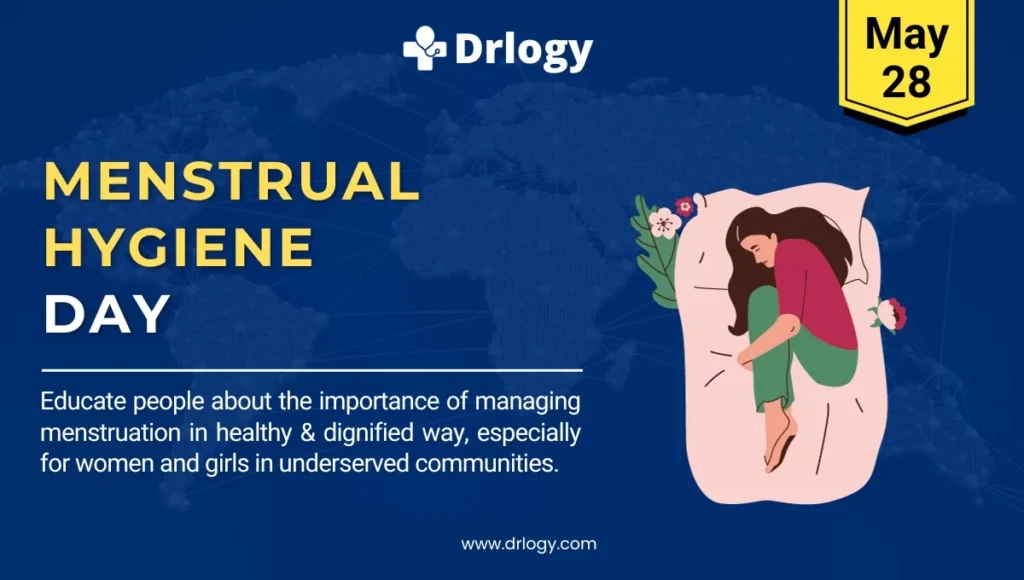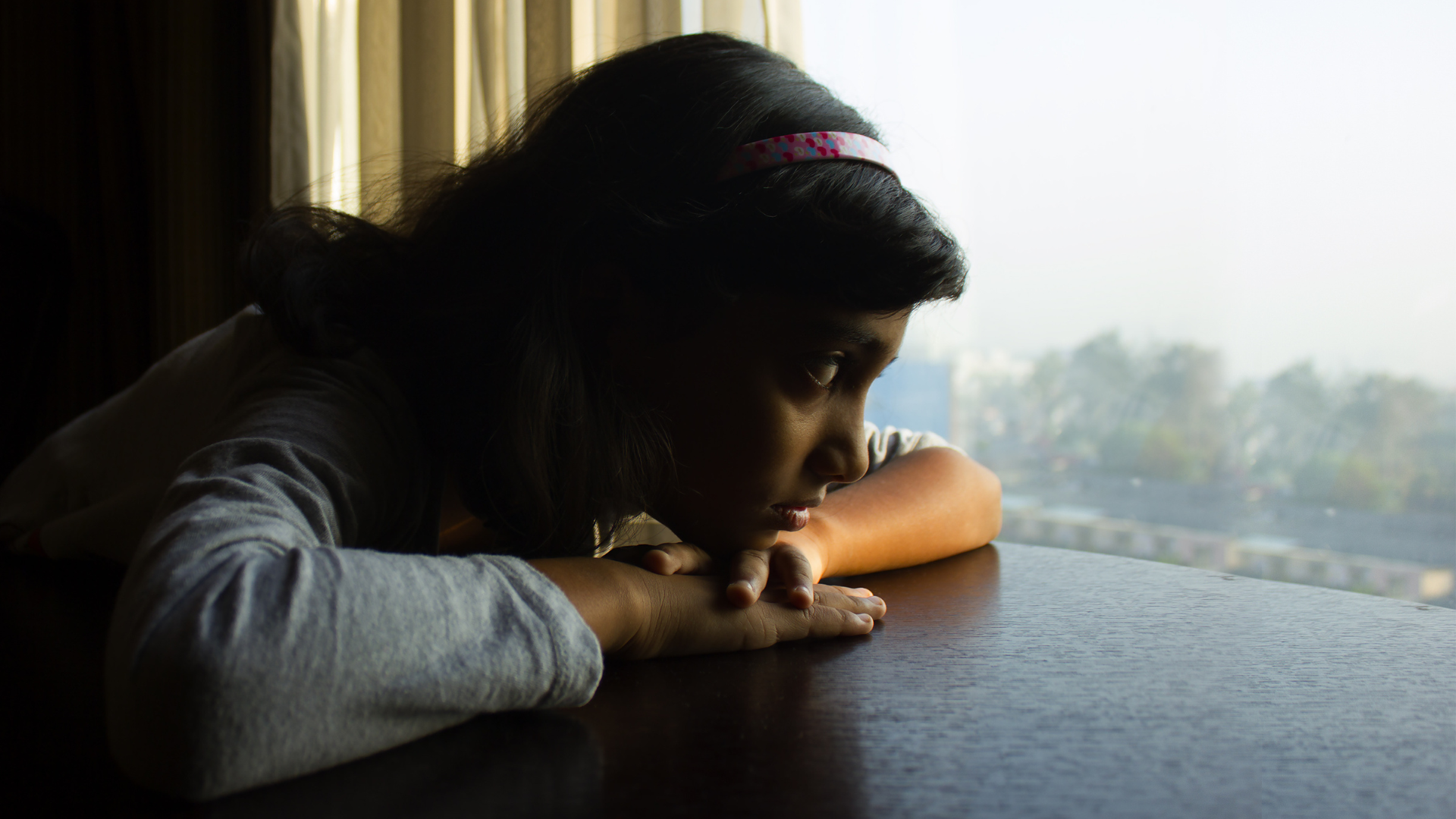Supporting menstrual health as a man goes beyond just having knowledge. It’s about being there for the women in your life. Show some extra love and care during their periods. Do not shy away from buying menstrual products or helping out women who need them.
As we mark Menstrual Hygiene Day, it is important to remember one startling fact. Around the world, over 500 million girls and women lack access to sanitary products and menstrual health facilities. This severely affects their ability to study, work and be productive members of society.
This year, the theme for Menstrual Hygiene Day is “Making menstruation a normal fact of life by 2030,” highlighting the importance of normalizing menstruation. The chosen date, the 28th day of the fifth month, symbolizes the average 28-day menstrual cycle and the average five days of menstruation each month.
Are periods normal?
As normal as sweating or crying, periods are just another human body function. In a nutshell, the body creates a protective layer every 28 days to nourish a baby. If there is no baby, that protective layer leaves the body in the form of blood. It is that simple. But across the country, millions of girls and women must hide this normal and natural function because it is considered taboo.
Here are 3 ways men and women can make menstruation a normal fact of life:
- Learn about periods
The first step toward normalizing periods is to learn what it is. It is a simple process: every 28 days, the female body’s uterus creates a protective layer or lining made of tissue and blood to help a baby grow and develop. During this time, one of the ovaries produces and releases an egg that travels into the uterus.
If the egg does not get fertilized, it dissolves, and the protective layer of the uterus leaves the body in the form of blood. If you are unaware of the normal process, maybe you should begin to understand it on Menstrual Hygiene Day.
The popular Indian comic by Menstrupedia explains it well in just under 60 seconds in this animated video.

- Lift the restrictions placed on girls and women
The unwillingness to make menstruation normal complicates life for girls and women. Unable to access menstrual products, they are forced to use newspapers, sand, old cloth and other objects that can absorb blood. These are unhygienic alternatives that cause infections and severe health complications. Not installing washrooms with running water and soap in schools, workplaces, and public places is one of the reasons that 23 million girls are forced to leave school each year, according to Dasra. Girls dropping out of school leads to increased child labour, child marriage, female disempowerment and a weakened workforce. Furthermore, the stigma against periods as “unclean” or a “curse” damages a girl’s sense of self-worth.
- Equip girls and women with their needs
When menstruation is made a normal part of life, girls and women are healthier, better educated and their futures are improved. Being equipped with the resources to be safe and healthy empowers them to pass on a positive outlook on periods to the next generation. Many girls have been forced to quit school because of menstruation. Our Every Girl in School mission is to equip girls with what they need so they can go back to school. When you support this mission, you can ensure that something as normal as a period doesn’t prevent girls from getting an education. Donate monthly to ensure millions of girls go to school and dream big.

